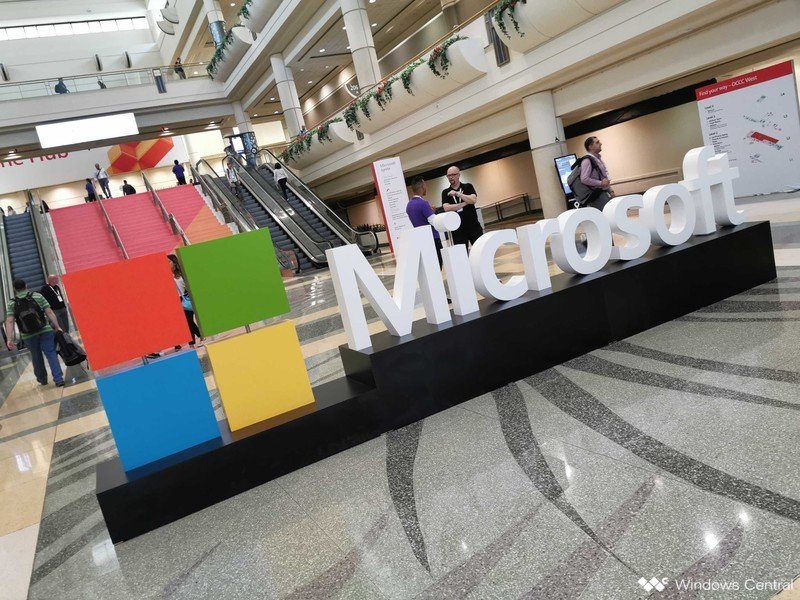Evolving China-based cyberwarfare demands greater regional resilience

In a speech at this year’s Shangri-La Dialogue, hosted by the International Institute for Strategic Studies in Singapore, Australian Prime Minister Anthony Albanese set out a balanced approach to handling China’s aggressive regional expansion: ‘Australia’s goal is not to prepare for war,’ he said, ‘but to prevent it through deterrence and reassurance and building resilience in the region.’
He went on to say that Australia and its regional allies need to ‘make it crystal clear that when it comes to any unilateral attempt to change the status quo by force, be it in Taiwan, the South China Sea, the East China Sea or elsewhere, the risk of conflict will always far outweigh any potential reward’.
China has recently shown a greater willingness to test the boundaries of physical confrontation. In the cyber domain, however, it has long engaged in aggressive tactics, where the rewards significantly outweigh the potential risks. This is bad news for Australian government organisations, local companies and their counterparts across Southeast Asia, which are having to divert significant resources to protect themselves against evolving Chinese cyber espionage, intellectual property theft and other cyberattacks.
CrowdStrike Intelligence is highly confident that China-nexus adversaries will continue to target both Southeast Asia and Australia in the government, telecommunications, military and civil-society sectors in support of national intelligence-collection priorities. We also expect to see a ramping up of cyber espionage in the AUKUS area as Australia strengthens its defence ties with the US and UK.
Concern around China-based cyber activity has only grown. The extraordinary disclosure in May that VANGUARD PANDA (better known as Volt Typhoon), a China-sponsored adversary group, had been lying dormant in US critical infrastructure networks for at least months suggests persistent assertiveness from China-based cyber actors in support of China’s cyber goals.
To reference the prime minister’s assessment, building resilience and reassurance is vital to deterring such attacks. Understanding more about China-based cyber activities in the region is an important place to…


